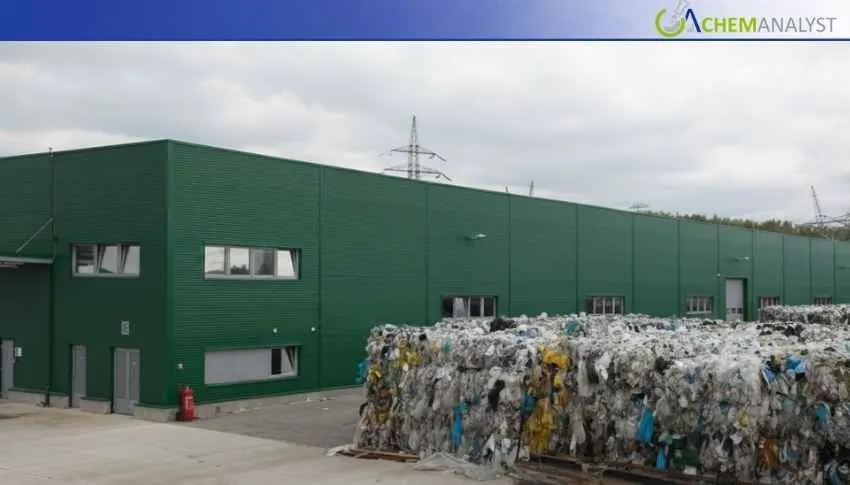Welcome To ChemAnalyst

Mol Group closes two Hungarian recycling plants amid European pressures, reaffirming commitment to sustainable plastics and compliance with EU targets.
Mol Group has announced that it will shut down its plastics recycling subsidiary, Remat Zrt., by the end of this year. The Hungarian oil and gas company had acquired Remat in April 2022, marking a strategic step in its efforts to expand into sustainable plastics. Remat operates two recycling facilities in Tiszaújváros and Rakamaz, Hungary, focusing on polyethylene (PE) and polypropylene (PP) recycling. In addition, the subsidiary maintains a logistics hub in Bratislava, Slovakia. Collectively, the two plants have an annual processing capacity of 25,000 tonnes and provide employment to nearly 200 workers.
Mol Group cited the decision to close these operations as part of a “broader and concerning trend” affecting the European plastics recycling sector. Across Europe, recyclers are facing mounting challenges, including sharply rising energy costs, increasing prices for waste inputs, and intense competition from lower-cost imported recycled materials. The year 2025 has witnessed a rapid acceleration in plant closures, driven by a sharp reduction in domestic recycling production, rising imports, and mounting economic pressures. Between January and July 2025 alone, the region lost almost as much recycling capacity as it did throughout the entire year of 2024. By August, the capacity lost in 2025 was three times higher than that recorded in 2023. The crisis has extended beyond recycling plants, affecting machinery manufacturers as well, with Germany-based Wipa filing for insolvency in October 2025.
According to sustainable plastics, rather than contracting, the European recycling industry should be expanding to meet the EU’s ambitious recycling targets for 2030. Closing the gap between the absence of viable business cases for recyclers and the EU’s regulatory ambitions will require urgent policy interventions. Measures could include incentives for using EU-produced recyclates and phased implementation of mandatory recycled content targets. Industry associations are urging the European Commission to introduce strategies aimed at restoring the sector’s competitiveness and ensuring the continued growth of sustainable plastics in Europe.
Despite the closure of Remat, Mol Group reaffirmed its commitment to plastics recycling through both mechanical and chemical processes. The company still operates Aurora Kunststoffe in Germany, which has a yearly recycling capacity of approximately 15,000 tonnes for engineering plastics and PP compounds. Additionally, Mol is constructing a 40,000 tonnes per year pyrolysis plant in Tiszaújváros, Hungary, in partnership with Lummus Technology. The facility has recently completed its first test run using externally sourced pyrolysis oil, though the official start of operations has not yet been announced.
The new Packaging and Packaging Waste Regulation (PPWR), effective this year, establishes minimum recycled content targets for plastic packaging to be met by 2030 and 2040. Targets include 30% for single-use PET bottles (rising to 65% by 2040), 35% for other plastic packaging (rising to 65%), 30% for contact-sensitive PET packaging (rising to 50%), and 10% for other contact-sensitive packaging (rising to 25%), highlighting the critical role of sustainable plastics in achieving regulatory compliance and circularity goals.
We use cookies to deliver the best possible experience on our website. To learn more, visit our Privacy Policy. By continuing to use this site or by closing this box, you consent to our use of cookies. More info.
